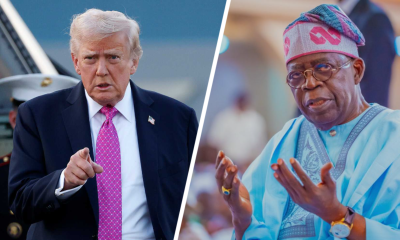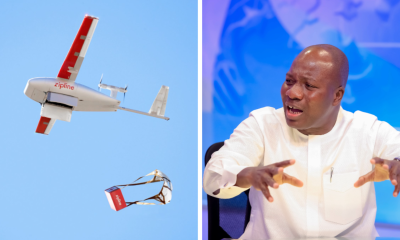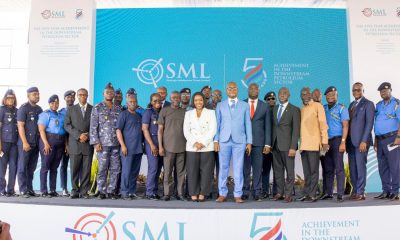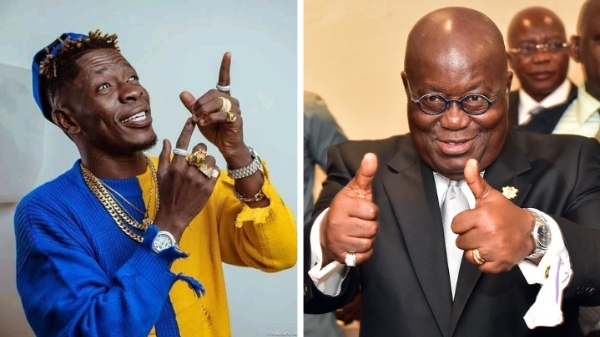-

 World News3 months ago
World News3 months agoTrump tells Pentagon to “prepare for possible action” in Nigeria, warns US may cut aid
-

 News2 months ago
News2 months agoFamily of Late Minister Dr. Omane Boamah Asks Government for a Slot in the Army Recruitment to Honor His Legacy
-

 News2 months ago
News2 months agoOnly Asantehene Can Stop Me From Suing – Sticka Fights late Samuel Aboagye’s Family Over Paternity Claims
-

 Health2 months ago
Health2 months agoNestle accused of ‘killing’ babies in Africa with excess added sugar
-

 News2 months ago
News2 months agoVice President Naana Jane Opoku-Agyemang Visits El-Wak Stampede Victims, Pledges Government Support
-

 News3 months ago
News3 months agoBreaking: Former First Lady Nana Konadu Agyeman-Rawlings Reportedly Passes Away
-

 News2 months ago
News2 months agoMahama Ayariga Calls for Termination of Zipline Contract, Says Deal Has Become Wasteful
-

 News3 months ago
News3 months ago“We remain proud of the work done” – SML to government after contract termination
















